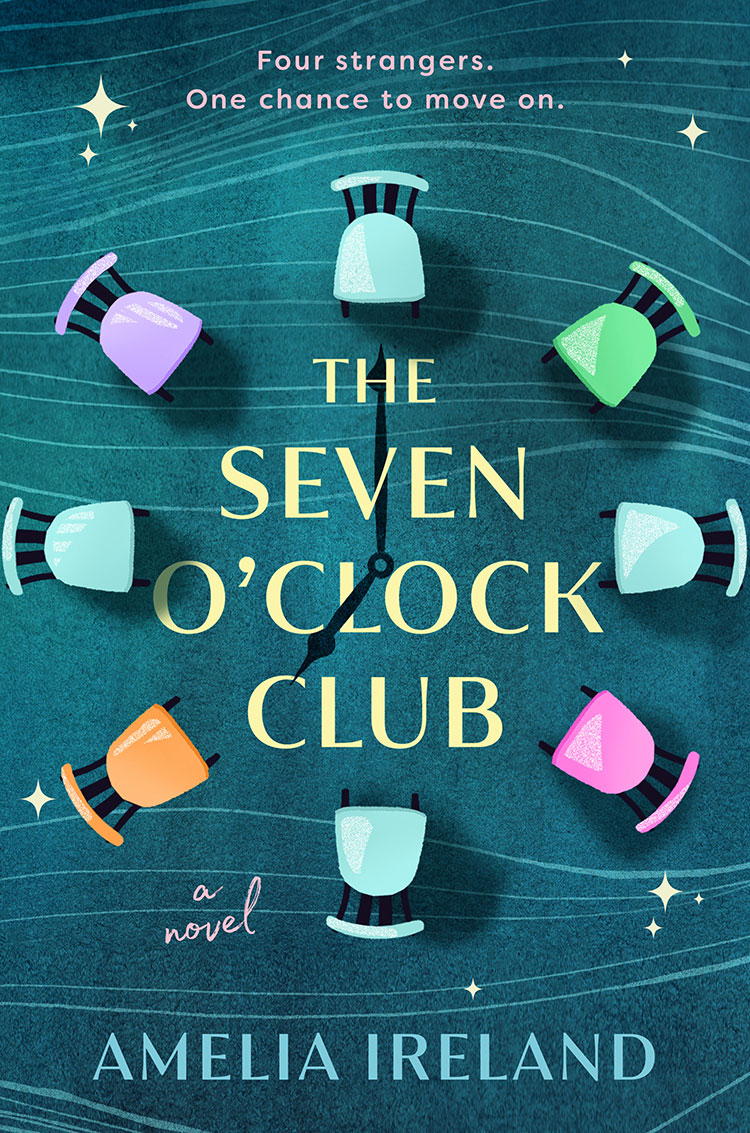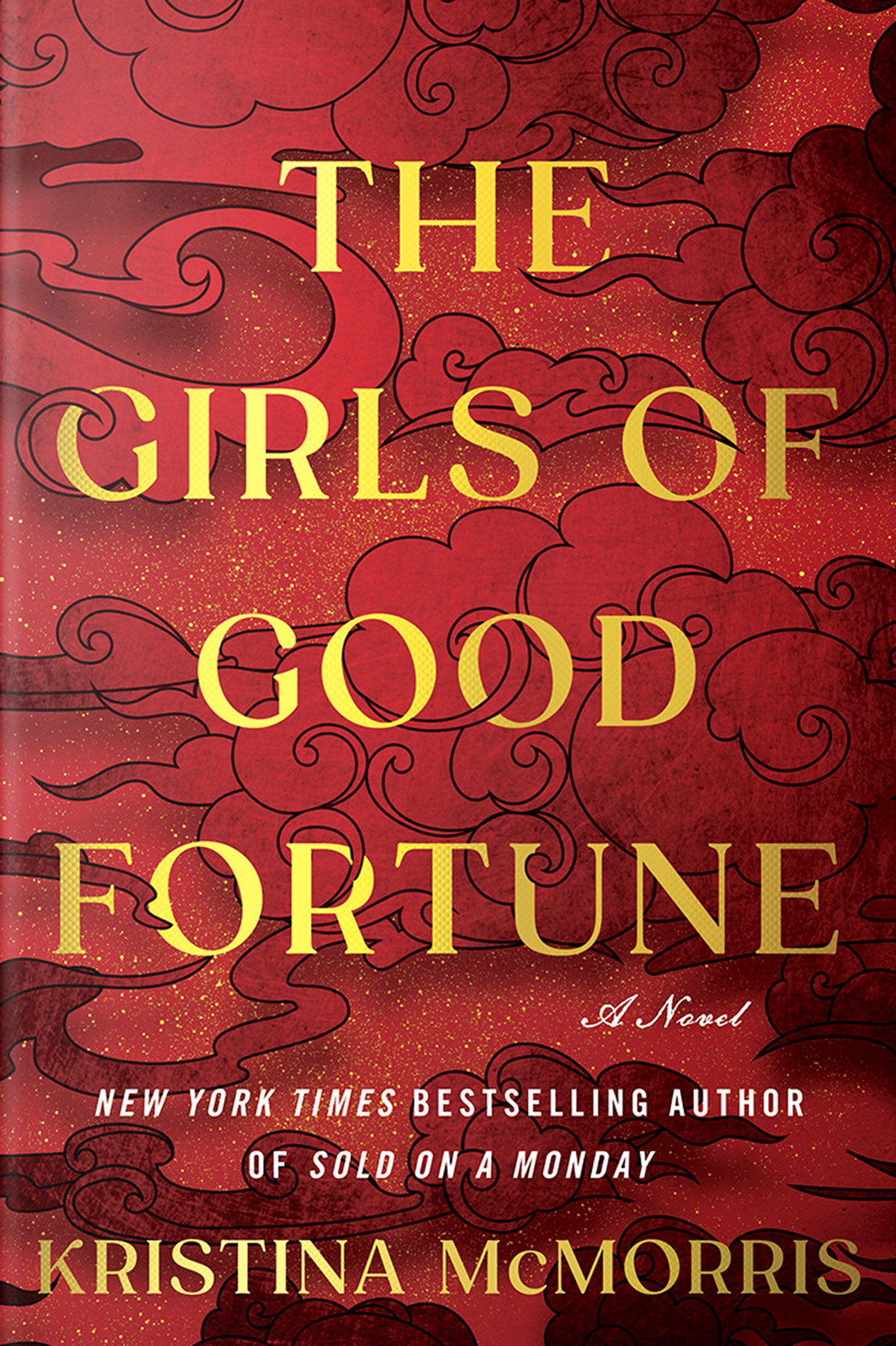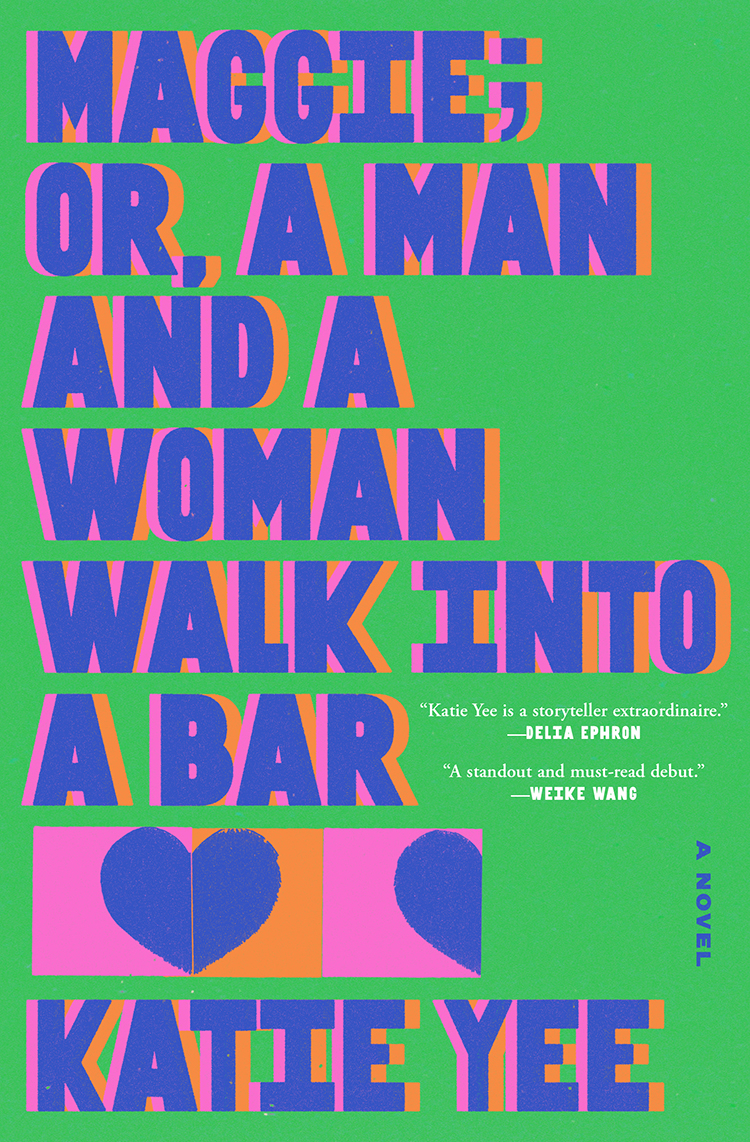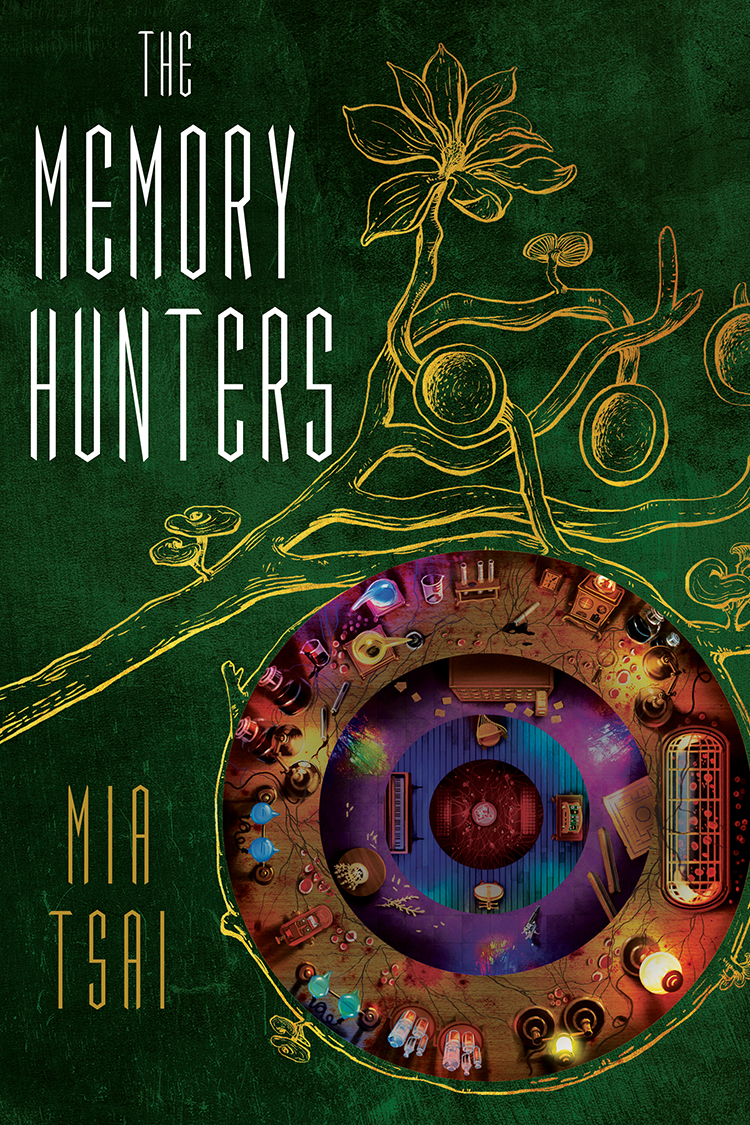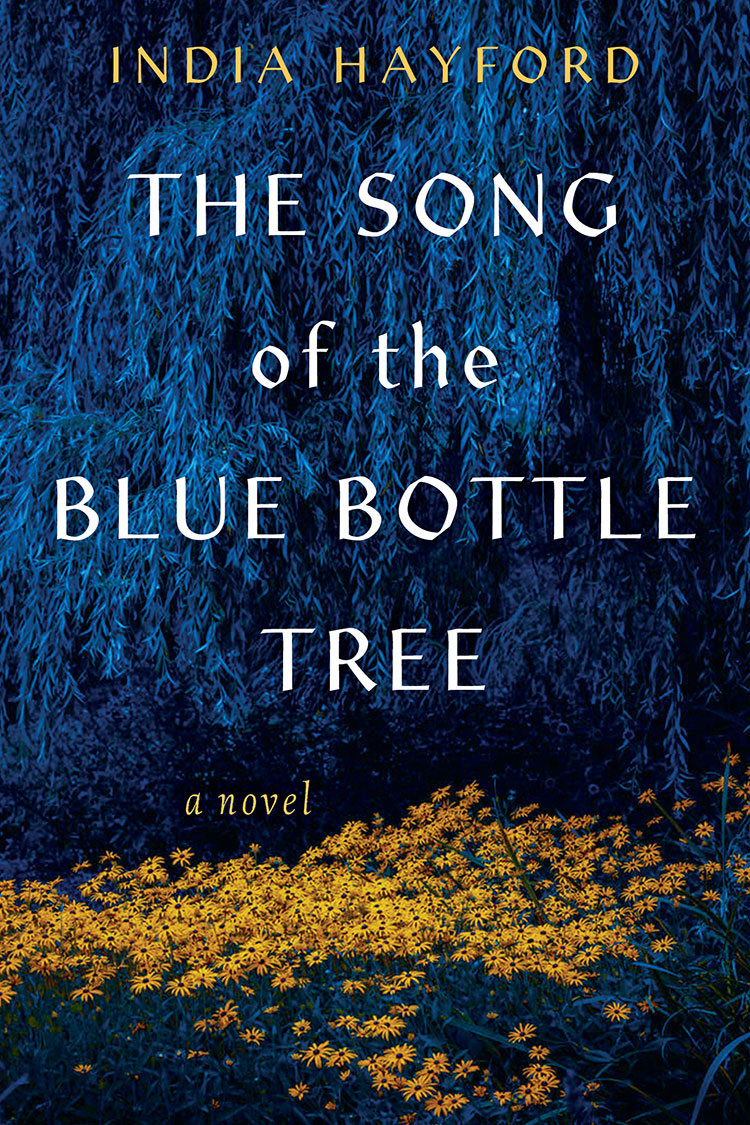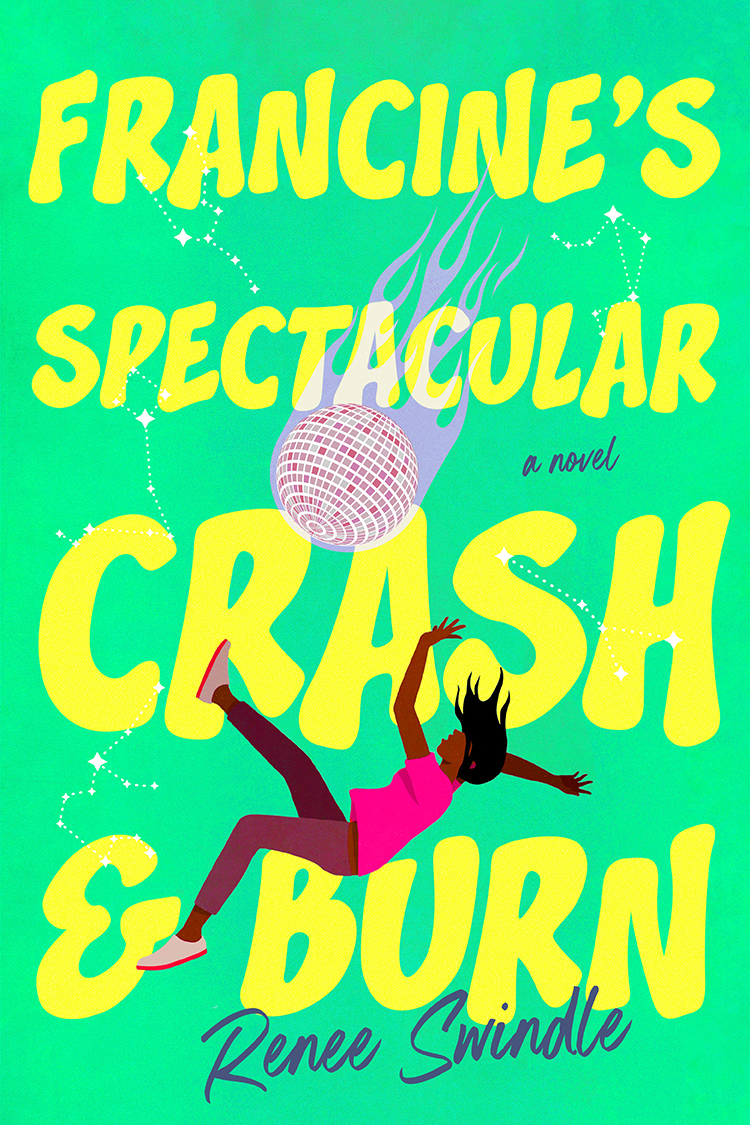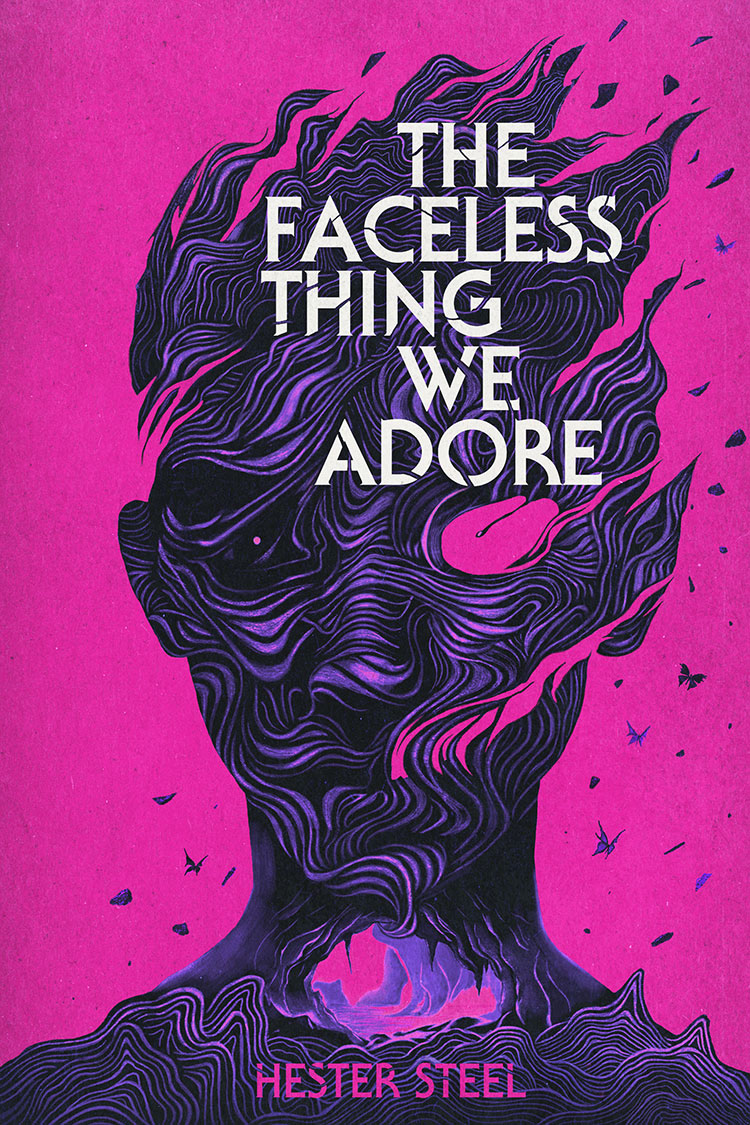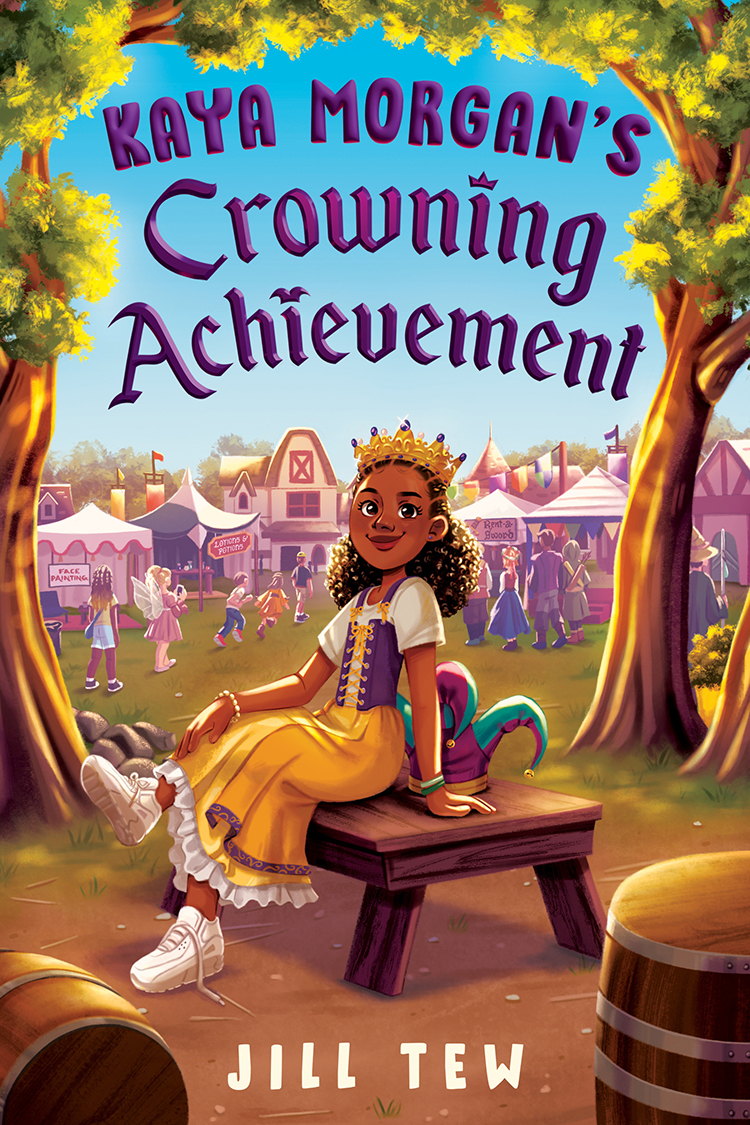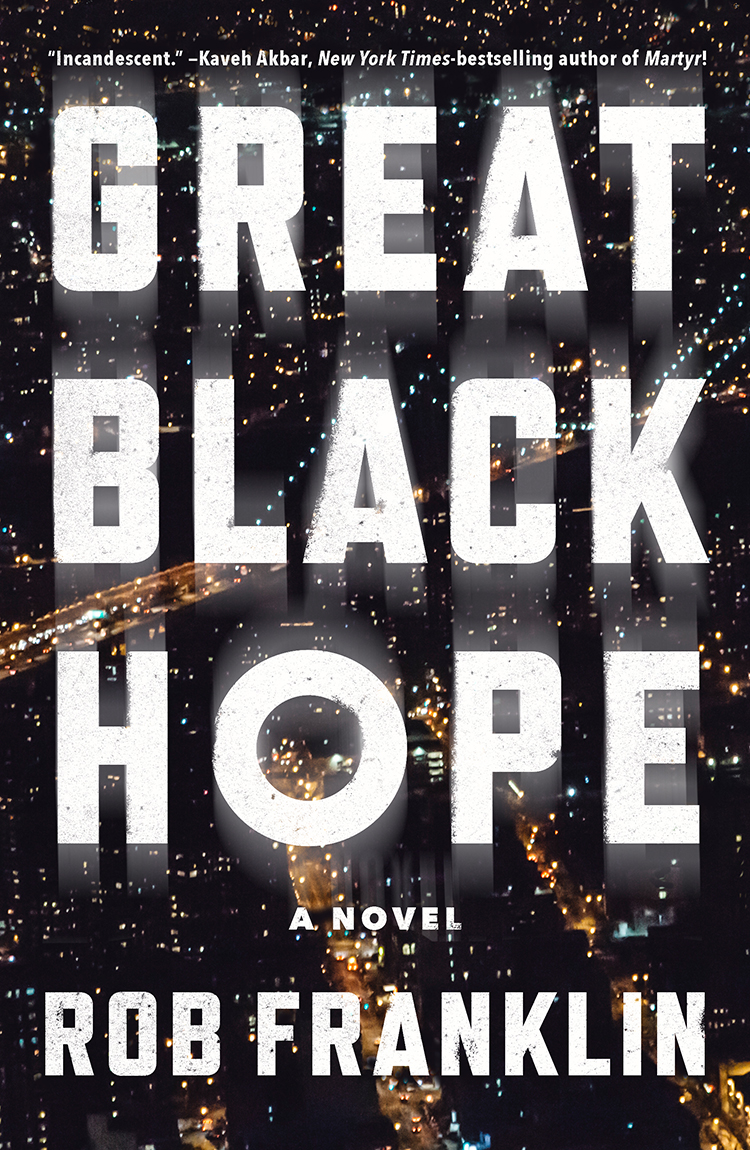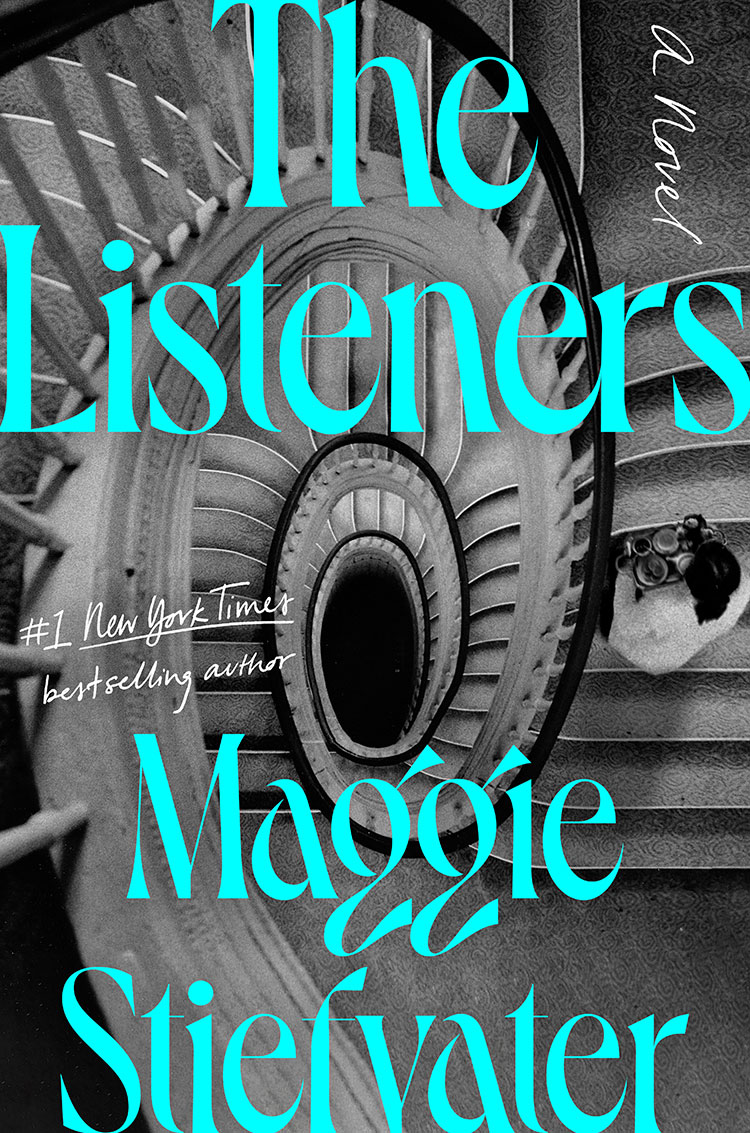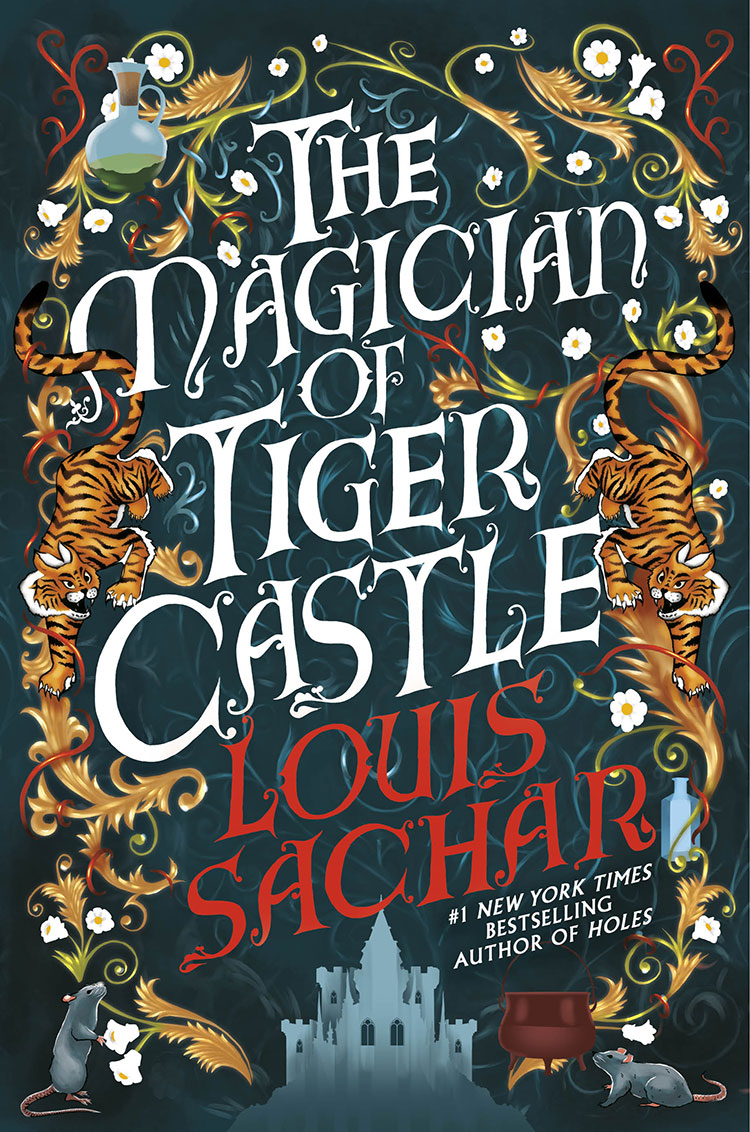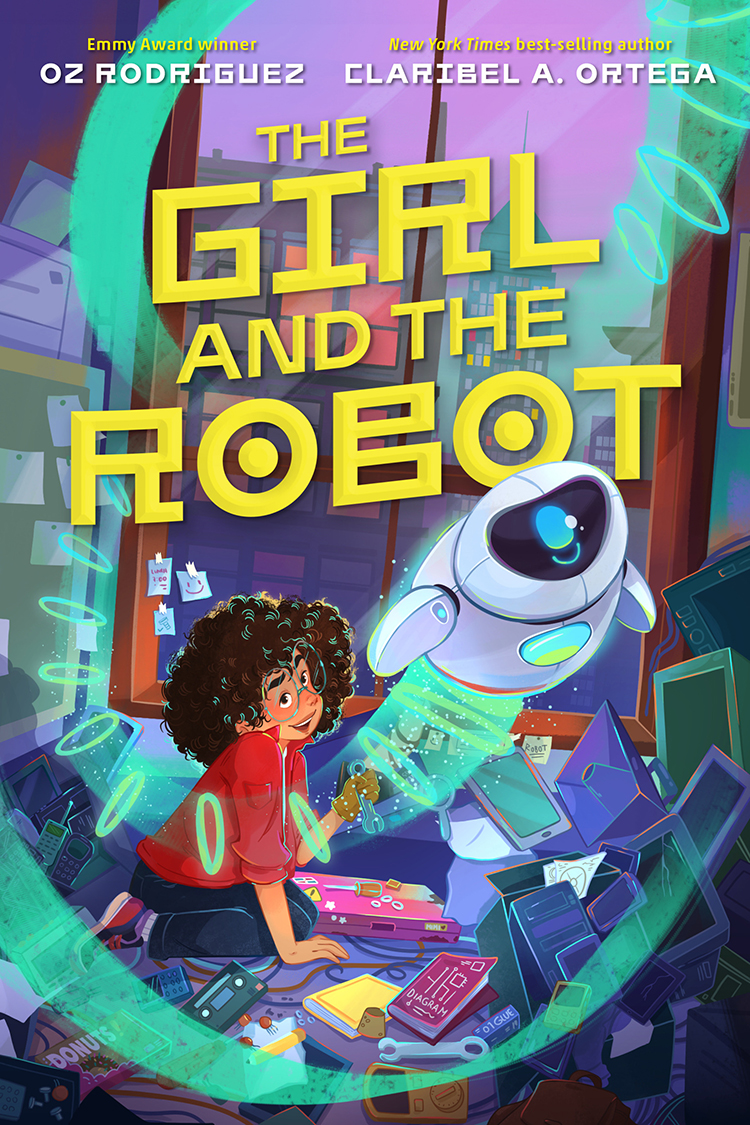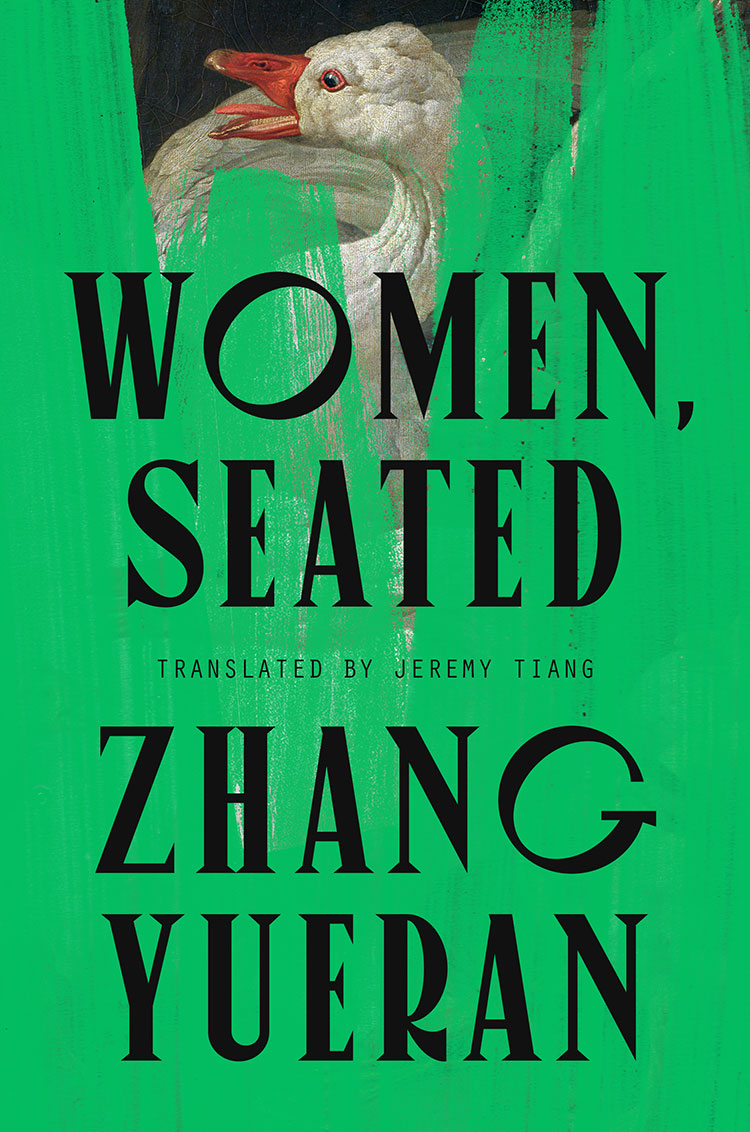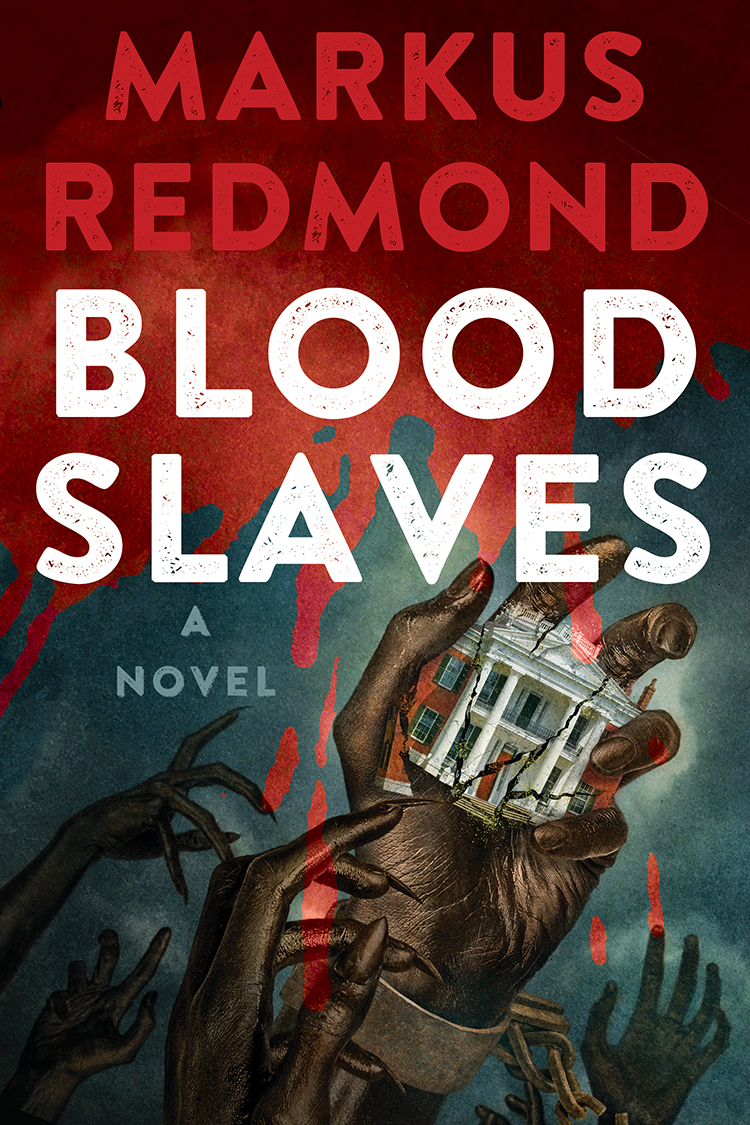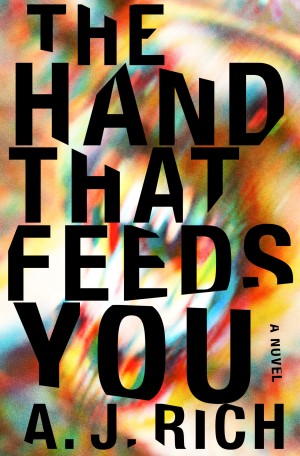
The Hand That Feeds You
Pub: July 7, 2015
Scribner
Pre-OrderFrom celebrated authors Amy Hempel and Jill Ciment writing as A.J. Rich, a smart, thrilling, sexy, and emotionally riveting novel of psychological suspense about an accomplished woman involved with a man who proves to be an imposter. Morgan Prager, at age thirty, is completing her thesis on victim psychology at John Jay College of Criminal Justice in Manhattan. She is newly engaged to Bennett, a seductive but possessive and secretive man. She returns from class one day to find Bennett mauled to death, and her dogs—a Great Pyrenees and two pit bulls she has rescued—covered in blood. Bewildered and devastated that her dogs could have committed such violence, she worries that she might suffer from one of the syndromes she studies: pathological altruism, when selfless acts do more damage than good. When Morgan tries to locate Bennett’s parents to tell them about their son’s hideous death, she discovers he was not the man he said he was. Everything he has told her—where he was born, where he lives and works—was a lie. In fact, he has several fiancées, and fits the clinical definition of a sociopath. And then, one by one, these other women are murdered. Suddenly Morgan’s research into Bennett takes on the urgency of survival: to stay alive, she must find out who is killing the women Bennett was closest to. Unsettling and highly suspenseful, this is a brilliant collaboration between two outstanding writers.
Yes or no:
I want everyone to be happy.
I know what people need without their having to ask me.
I have given blood.
I would donate a kidney to save a close friend’s life.
I would donate a kidney to save a stranger’s life.
I generally appear sincere.
I give more than I receive.
People take advantage of me.
People should generally be forgiven.
Today I would not answer any of these questions the way I did a year ago. And I’m the one who wrote the test. I was going to be the person who changed the definition of a predator by identifying what makes a victim. The test: it was part of my master’s thesis in forensic psychology at John Jay College of Criminal Justice. A philosopher once said, “The threshold is the place to pause.” I was on the threshold of having everything I wanted.
Here is the question I would ask today:
Can I forgive myself?
* * *
The lecture had been about victimology. Does a symbiotic quirk in the brain of the abuser also exist in the emotional makeup of the victim? The model the professor used was battered woman’s syndrome, a syndrome that the professor pointed out appears nowhere in the Diagnostic and Statistical Manual of Mental Disorders (DSM-5), but does appear in criminal statutes. Why? I thought I had the answer.
The morning had galvanized me; I couldn’t wait to get home and back to my research. I felt a little guilty about wanting my place to myself again so I stopped at Fortunato Brothers and bought Bennett a bag of pignoli cookies.
My apartment was on the top floor of a clapboard row house in Williamsburg, Brooklyn. I didn’t live with the hipsters; my block was old-world. Italian women perpetually swept their sidewalks, and retired wiseguys played chess at Fortunato’s. At a headstone store a block away they also sold loaves of bread. Bennett called it Breadstone. Rumor was the man who ran it used to work for one of the big mob families. His crew, no one under eighty, sat out front on plastic chairs smoking cigars. The ice cream truck played the theme from The Godfather. There was a saying: “It’s not HBO, it’s our neighborhood.”
Sixty-eight steps spiraled to my front door. As I climbed, I smelled the ethnic potpourri: sizzling garlic on the first landing, then boiling cabbage on the second, then frying chorizo, and finally my floor, where I never cooked anything.
The door was open. Bennett must have gone out and forgotten to jiggle the broken knob as I’d asked him to. The dogs could have gotten out. I had three: Cloud, a Great Pyrenees that I called the Great White Canvas, and Chester and George, two goofy, needy pit-bull mixes that I fostered. The dogs were the only bone of contention between Bennett and me. He wanted me to stop trying to rescue every stray at the expense of my work, but I suspected he really couldn’t bear dog hair on his sweaters. Bennett was always cold, even in summer. He claimed he had Raynaud’s syndrome, in which the veins in one’s extremities constrict, resulting in cold hands and feet. Bennett feared the advanced form in which one’s fingers and toes can atrophy. But his hands were never cold on my skin. By contrast, I ran hot. I was the first to wear sandals in spring, I never wore a scarf, I never caught a chill in air-conditioning. This was not because I carried any bulk.
As I shouldered open my front door against the delirious, wagging greeting waiting for me on the other side, I noticed rose petals strewn across the foyer rug. Had Bennett scattered them? It seemed cheesy, unlike him. A man who remembers everything you tell him doesn’t need to resort to a cliché. Bennett saw and understood me in a way I’d not known before. It wasn’t just paying attention, it was that he knew before I did what I would want, whether it was on a menu or a screen or a disc. Of course, this knowledge extended into the bedroom.
I bent to pick up some of the petals and saw that they were paw prints. So: not a tired romantic gesture after all. What now appeared to be an abstract floral stencil across the hardwood floor led all the way to the bedroom. The fosters, Chester and George, had gotten into the garbage? Dogs track leftover puttanesca sauce throughout an apartment—another cliché I rejected. Chester and George were gentlemen, though Bennett was irritated by the half-chewed bones they left strewn about the apartment. His tripping over bones and squeaky toys was another reason he wanted me to find them a permanent home or give them back to the East Harlem Animal Shelter I’d rescued them from. A donation I had made to a local animal-rescue organization had apparently landed me on a mass e-mail list, and ever since I’d received near-daily photos and profiles of dogs with hours to live if I did not take action.
The pit bulls, Chester and George, had been on death row, waiting to be euthanized. In the photo they leaned into one another and each extended a paw in greeting. It was more than I could resist. When I went to the shelter, their kennel cards identified them as “no concern.” A kennel worker told me that meant the best temperament of all. They’d done nothing to anyone except give love and want it in return. I filled out the paperwork, paid two adoption fees intending only to foster, and the next day, Cloud and I picked them up in a Zipcar.
Bennett couldn’t tolerate the constant chaos of three big dogs in a small apartment, and maybe he was right, the dogs were taking over my life. Were these rescues a form of pathological altruism? This was the basis of my research, a test to identify victims whose selflessness and hyper-empathy were so extreme that they attracted predators.
Bennett needed order to function, while I needed messy, lovable bedlam. When he visited from Montreal, he hung his oxford-cloth shirts and chinos, while I left my leggings, vegan-leather vest, and layers of tank tops crumpled on the bed. He emptied the dishwasher he had filled and run, while I left my dirty dishes in the sink. Hardest for me, he didn’t like the dogs sleeping on the bed with us. He didn’t like the dogs and they knew it. Dogs do. They obeyed, but Bennett gave his commands more harshly than was necessary. I had told him so more than once. How were we all going to live together?
Cloud was the first to reach me. She used her bear size to muscle out the boys. She not only failed to greet me in her normal exuberant way by putting her giant paws on my shoulders, she was clearly agitated and frightened. Her ears were flat against her head and she circled at my feet. One side of her looked as though she had leaned against a freshly painted wall. But I hadn’t painted, and if I had, I would not have chosen red.
I dropped to my knees and parted the wet fur looking for puncture wounds, but no wounds were on her skin and the color didn’t reach her undercoat anyway. I apologized to Chester and George for my unwarranted suspicions. Luckily I was already on my knees or I might have toppled with the first wave of vertigo. I automatically began examining Chester and George for the source of the blood. My heart was racing. And a fresh wave of vertigo came over me. They, too, had no wounds. I lowered my head to keep myself from passing out.
“Bennett?” I called. I pushed Chester off me as he licked the blood from my hands.
I saw that my new couch, a present from my older brother, Steven, for exiting my twenties and embracing adulthood, was stained. I tried to gather up the dogs, but they kept circling me, making it hard to move toward the bedroom. My apartment was a railroad design, narrow and long, each room opening off the hallway. You could shoot a bullet through and not hit a wall. I could see the bottom half of the bed from where I stood in the living room. I could see Bennett’s leg.
“What happened to the dogs?” I asked.
As I walked down the hall, the red smears lengthened.
Bennett was lying on the bedroom floor facedown, while his leg remained on the bed. Then I saw that the two parts weren’t connected. My first thought was to save him from drowning in his own blood, but when I fell to my knees, I could see he wasn’t facedown. He was looking up, or he would have been if he still had eyes to see. For a moment, illogically, I held fast to the hope that it wasn’t Bennett. Maybe an intruder had broken in and the dogs had attacked him. Even in my shock, enough of my training allowed me to know that the killer wasn’t human. The blood spatter had no pattern of emotion. I had enough forensic experience to know what I was seeing. Blood-pattern analysis is more accurate than one might expect. It tells you the type of injury, the order in which the wounds were received, the type of weapon that caused the injuries, whether the victim was in motion or lying still when the injuries were inflicted. The injuries here were puncture wounds and mauling. Bennett’s hands were degloved, meaning the skin was stripped off when he tried to fight back. His right leg had been torn off at the knee. The “weapon” had been an animal or animals. The wounds were jagged, not the straight lines of a blade, and whole chunks of flesh were missing. The smears of blood indicated that he had been dragged across the bedroom floor. The right foot and lower leg must have been carried onto the bed after he was attacked. Arterial spray was over the headboard and the wall behind it, probably from his carotid artery.
I could hear my dogs panting behind me, waiting to take their cue as to what we would do next. I tried to tamp down the terror. I summoned as calm a voice as I could and told the dogs to stay. I put them into a down-stay. Then I was aware of a new smell crowding out the smell of blood. It seemed to be emanating from me. I stood up slowly and moved in slow motion around the dogs. Cloud rose and would have followed me if I hadn’t again given the command to stay. Chester and George’s full attention was on me though they didn’t move even as I continued toward the bathroom. I finally reached it and slammed the door behind me, throwing my weight against it in case they lunged after me. I heard whimpering on the other side.
I wasn’t yet in shock. That would come soon enough. I was still in the nether state of tearful gratitude that I’d survived. Strangely, I felt heady, as though I had just won a big prize. And I had—my life. But that intoxication only lasted a few seconds. I rallied from this odd trance and knew I had to call an ambulance. He could not have been alive, but what if I was wrong? What if he was suffering? My cell was inside my purse, which I had left with the keys on the mantel. Then I heard the sound of paper crackling and tearing and remembered the bag of cookies. I must have dropped them, and now the dogs had found them. I slowly opened the door and bypassed the bedroom to retrieve my purse. How long would it take them to dispatch the cookies? I was all adrenaline as I checked my impulse to dart for safety; instead I grabbed my purse, never taking my eyes off the dogs. Finally I was back inside the bathroom, secured behind a locked door. I got into the empty bathtub, as if the old claw-foot iron tub would protect me, and pressed 911. It took me two times. When the operator asked what my emergency was, I couldn’t answer. I couldn’t even scream.
“Are you in any present danger?” It was a mature-sounding female voice.
I nodded wildly.
“I’ll take your silence as an affirmative. Can you tell me where you are?”
“In the bathroom.” I whispered my address.
“The police are on their way. I’ll stay with you on the phone. Is there an intruder in your house?”
I could hear the dogs outside the bathroom door. The earlier whimpering had escalated. Now they were whining and pawing at the door to be let in.
I didn’t respond.
“If there is an intruder in your house, tap your finger once on the mouthpiece.”
I tapped three times.
“Are weapons involved? Tap once.”
I tapped the receiver once.
“More than one weapon?”
I tapped again.
“Firearms?”
I shook my head no and set down the phone in the empty tub. The operator still spoke to me but she was far away. The shaking of my head—no, no, no—had given me the same comfort as being rocked.
One of the dogs howled with the approaching siren. Cloud. It used to make me laugh when she joined in the urban version of a wolf pack, as if pampered Cloud, whose teeth I brushed every week, had even a mote of beast in her. Now her howl terrified me.
“The police have arrived,” said the tiny voice coming from the phone on the bottom of the tub. “Tap once if the perpetrators are still inside.”
The dogs barked at the approaching footsteps, at the hand trying the front door to see if it was unlocked.
“Police! Open up!”
I tried shouting to them, but the only sound I could make was an infinitesimal moan, tinier than the voice that kept asking me if the perpetrators were inside. The only answer the police heard was barking.
“NYPD! Open the door!”
The barking continued.
“Call Animal Control!” I heard one of the policemen shout.
The next sound was the door breaking open and a single deafening shot. The whimper that followed was as mournful as a human cry. The other two dogs stopped barking.
“Good dogs, that’s a good dog,” one of the policemen said.
“I think this one is dead.”
The footsteps approached cautiously.
“Oh, shit, oh, Jesus,” the other one said.
I could hear him retch.
The bathroom door burst open and a young policeman found me cowering in the empty tub.
He squatted beside me. I could smell his sour breath from when he retched a moment ago.
“Are you hurt?”
My legs were drawn under me, my face tucked against my knees, my hands locked behind my head.
“An ambulance is on its way. Listen, we need to see if you’re bleeding.” He gently set his hand on my back and I screamed. “Okay, okay, no one is going to hurt you.”
I remained frozen in that tucked pose, the same position that schoolchildren assumed during a drop drill to protect themselves from a nuclear blast. I would learn later that one of the symptoms of acute stress disorder was rigid immobility.
“Animal Control is here,” the other cop said.
The ambulance must have arrived at the same time because a male paramedic took my pulse while a female checked me for wounds. I remained crouched in the tub.
“I don’t think the blood is hers, but I can’t get a visual on the abdomen,” said the female. “I’ll start an IV. This is going to pinch, honey.”
A knitting needle jabbed my left hand. I screamed so loudly that the dogs began barking again, only two now.
“We’re going to give you something to help you relax so we can check you for wounds.”
A black heat began to creep up my arm, as if someone had put a warm glove on my hand. Then the blackness expanded until it was big enough for me to climb in, a merciful black bag in which to disappear.
“We need to ask her some questions. Can she talk?” asked one of the policemen.
“She’s in shock.”
“Is your name Morgan Prager?”
I tried to nod, but the black bag was too tight.
“Can you tell us who was in the apartment with you? We can’t find any identification on the deceased.”
“Can she hear us?” the other officer asked.
I was lifted onto a gurney and rolled through my apartment. I opened my eyes as we passed the bedroom. Now the scene confused rather than terrified me. “What happened?” I asked in my new, small voice.
“Don’t look,” said the female.
But I did look. No one was attending to Bennett. “Is he suffering?” I heard myself ask.
“No, honey, he’s not suffering.”
Just before I was carried downstairs, I saw Chester’s body on the foyer floor. Why did they shoot him? Cloud and George were each in an Animal Control crate labeled dangerous dog.
* * *
The doctors found no wounds on me, nothing physical to explain my rigid immobility, my muteness, except for the occasional scream when anyone came near me. For my own safety, they issued an NY Code—Section 9.27: Involuntary admission on medical certification.
Top Monthly
Amazon
Indie Next

